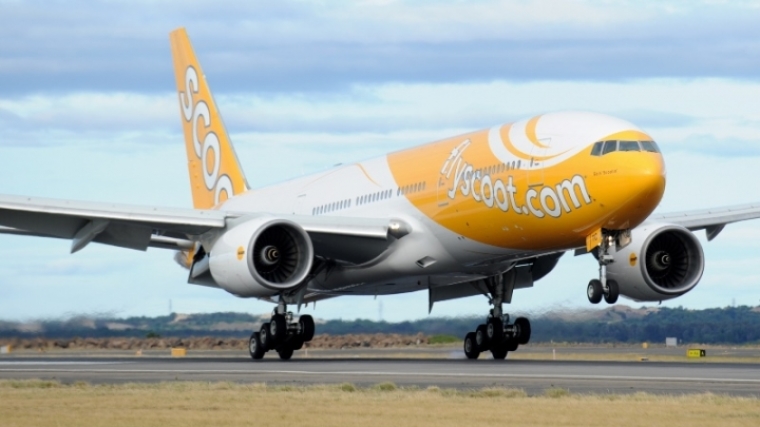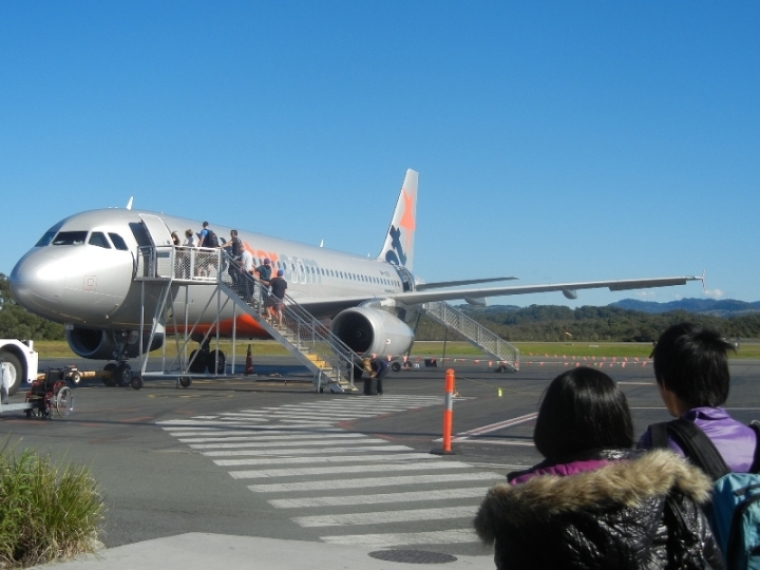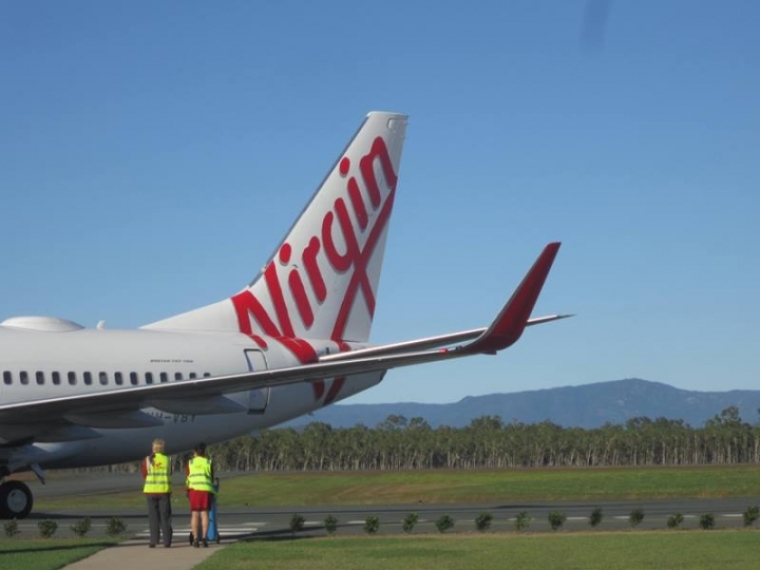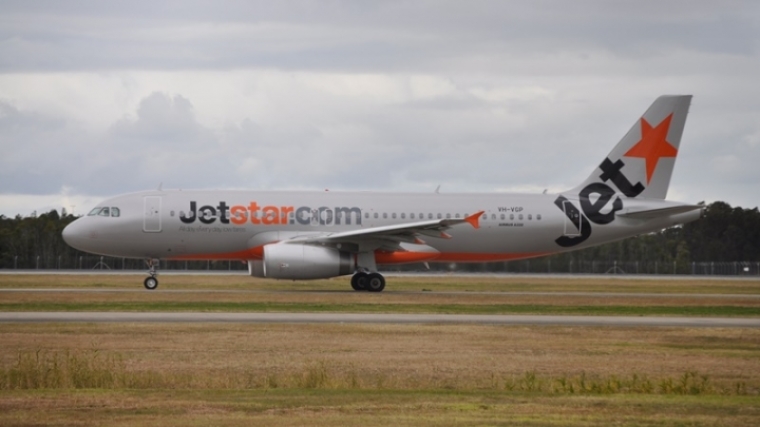
We're in the midst of Christmas week, many of us are flying hither and thither and as sure as night follows day many of us have carry-on luggage and we're well aware of the benefits of travelling light and how best to manage this.
Every time we travel, we see fellow travellers being caught out and left confused by different carry-on luggage policies across airlines, and have been urged to closely read the individual allowances. Women's handbags are now being weighed at some check-in hot spots and when overweight hefty fees are applied.
And it's not just carry-on luggage either, and I read where one passenger departing Seattle was so enraged by all this that he simply left his bags at the airport and got on the flight figuring it was cheaper to buy what he needed at his destination. The entire airport was closed when these unaccompanied bags were found. All flights got delayed for hours. There was no legal recourse in which the passenger could be charged.
The 7-10 ratio is a puzzle to most of us. Most airlines allow 10g in total, that is both the baggage and carry-on under 10g together. Some only allow 7. It all depends on airline policies.
A few years ago I was caught out in Auckland airport when coming across from the Gold Coast to Auckland on Virgin – Air New Zealand shared international flight where 10g for carry-on was permissible. I was unaware that Air New Zealand domestic from Auckland to Christchurch only allowed 7g – I ended up paying $60 for that 3g extra.

How it came about
I recalled innumerable domestic flights within Australia where so many passengers, mainly young men and young women, bought into the flight cabin their large gym bags which were considerably larger than any purchasable wheelie executive bag.
These oversized gym bags were pushed and shoved and squeezed into the upper lockers leaving only limited space for other paying passengers and I thought that the day will come when all this will necessarily be bought to book.
Sure enough the daggers came out (as it were). Some airlines subsequently provided self check-in kiosks and they can go to the gate without their cabin bags being weighed, but may be pulled up by staff if they appear to be carrying too much.
In any domestic airline check-in now one might be pulled up for a weight check. I have seen some remove clothing and put those clothing items on to reduce the weight to an acceptable level. Once on the aircraft, those clothing items are taken off and re-stowed. The system can certainly be manipulated.
Moreover I told how my wife and I have developed new strategies when on mission travel which is not irregular. When travelling to Laguna Quays Respite (Brisbane to Proserpine) we take full baggage as we undertake a host of tasks when there in maintenance and the like.
Any other travel if at all possible it is carry-on. That means a small executive wheelies bag. We have been on interstate Country Town Tours where we've learnt to reduce our clothing input to a minimum and wear heavier items. Delma also carries a hand bag and sometimes a light cloth bag for a book and two magazines.
I either take a similar wheelie executive bag or a shoulder strap bag along with a brief case which houses my lap top. In one airline terminal our entire bags were weighed and the helpful airline staffer suggested I put a couple of items from the executive bag into my brief case as that airline's policy was 7g and 3g as carry-on luggage rules. That worked.

Good advice
Some very good advice for those choosing carry-on luggage.
1. Choose your carry-on bag carefully. Lightweight is paramount
2. Do not over-pack especially clothes / shoes
3. Compression bags hold your clothes in tight – leaves more space in your bag
4. Technology is king – ditch the heavy books / magazines.
5. Buy that extra shirt / blouse, whatever you need, when you get there
6. Scrutinise it all again, trim again if required.
The airline game today is about doing your homework.
Many missionaries and those travelling in Christian ministry have developed strategies to reduce even additional costs to carry-on such as how you pay for your on-line ticket. It can save credit card fees by purchasing airline tickets through direct bank payment. Sometimes it behoves me to use InnerFaith Travel (I have led Holy Land Tours through InnerFaith).

Dr Mark Tronson is a Baptist minister (retired) who served as the Australian cricket team chaplain for 17 years (2000 ret) and established Life After Cricket in 2001. He was recognised by the Olympic Ministry Medal in 2009 presented by Carl Lewis Olympian of the Century. He mentors young writers and has written 24 books, and enjoys writing. He is married to Delma, with four adult children and grand-children. Dr Tronson writes a daily article for Christian Today Australia (since 2008) and in November 2016 established Christian Today New Zealand.
Mark Tronson's archive of articles can be viewed at http://www.pressserviceinternational.org/mark-tronson.html